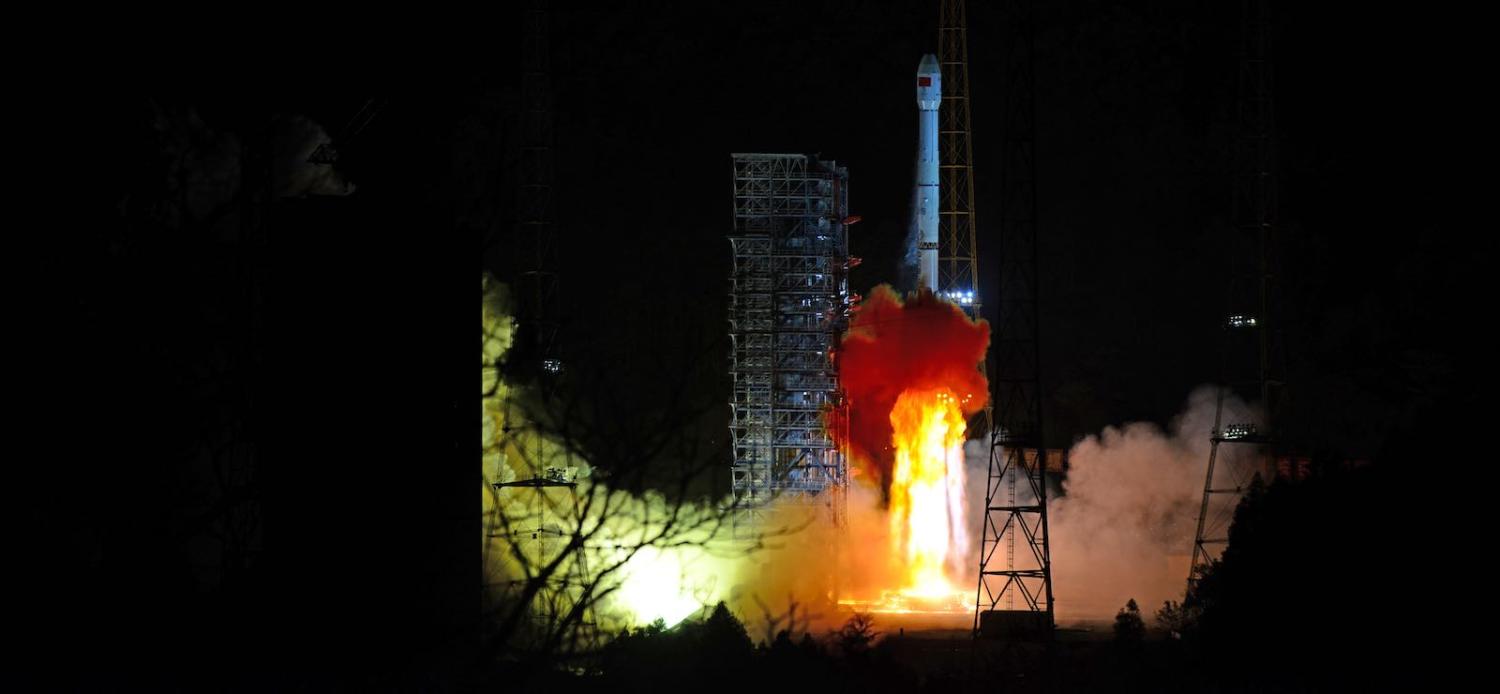Early on Saturday morning, China launched the Chang’e 4 robot spacecraft on course for the Moon. If all goes well, it will become the first spacecraft in history to soft-land on the far side of the Moon, probably in early January. This would be a tremendous achievement for China and for the history of spaceflight. But China seems remarkably coy about discussing it.
For once, it doesn’t pay China to advertise its strength in space for a civilian launch.
China has always been somewhat low-key in discussing its space program, but sometimes pulls out the stops for high-profile missions. When astronauts are launched on Shenzhou spacecraft, or other probes are sent to the Moon, China will typically stage blanket media coverage through their own channels.
China has been clamping down on media coverage of sensitive topics in recent times, including spaceflight, as a result of tighter government policies. But even so, the coverage of the Chang’e 4 launch has been unusually quiet.
To be fair, China did announce the launch through Xinhua soon after liftoff. But the special web portals and multimedia coverage that China has rolled out for other space missions never appeared. Nor was there any live television coverage of the launch. Publicity in the days leading up to the launch was essentially absent. CGTN, China’s international television network, placed coverage of other events well ahead of the Moon mission.
The Chang’e 4 mission has the potential to generate tremendous interest and respect for China, and China has used its space program as a soft power tool for years. Why, then, is the coverage so tight this time?
The mission is excellent, but the timing is inconvenient. China is currently experiencing a sequence of interconnected economic and strategic challenges that have filled global headlines for months. Most prominent is the nasty trade war with America. But China is also embroiled in disputes over intellectual property and the treatment of scientists. All these factors are enmeshed in spaceflight, which is a high-profile demonstration of a nation’s prowess in science, technology, industry and economic strength.
For once, it doesn’t pay China to advertise its strength in space for a civilian launch. Coverage of military satellite launches is even tighter, but that’s true for any nation. A mission to go where no space mission has gone before should have a higher profile. But actions in space are always determined by actions on Earth.

